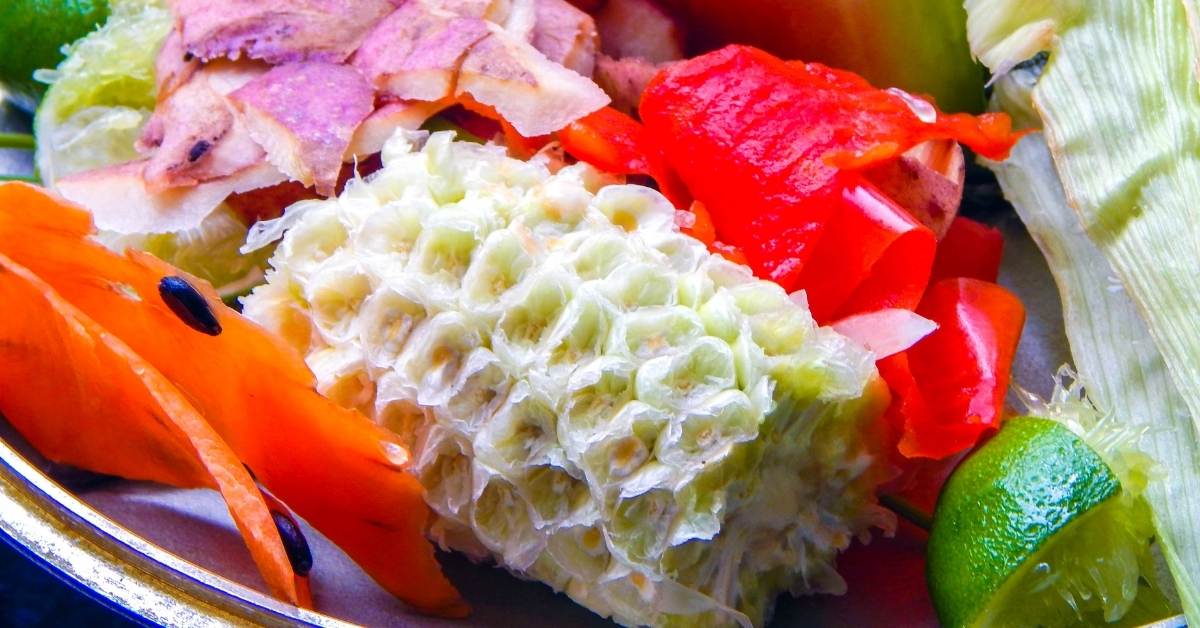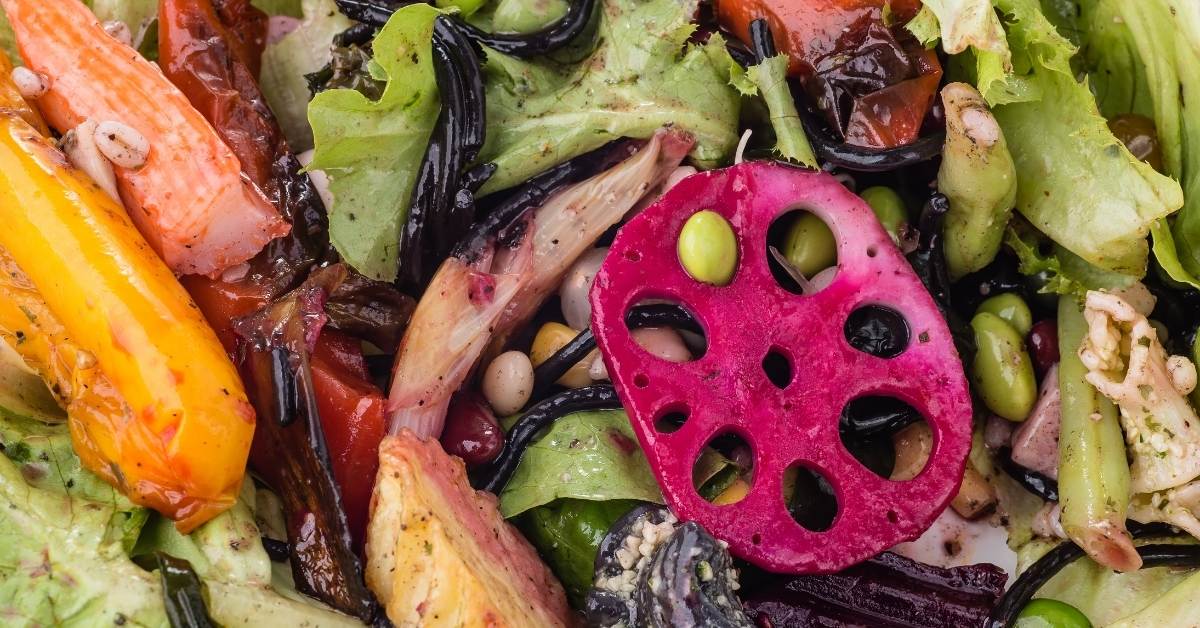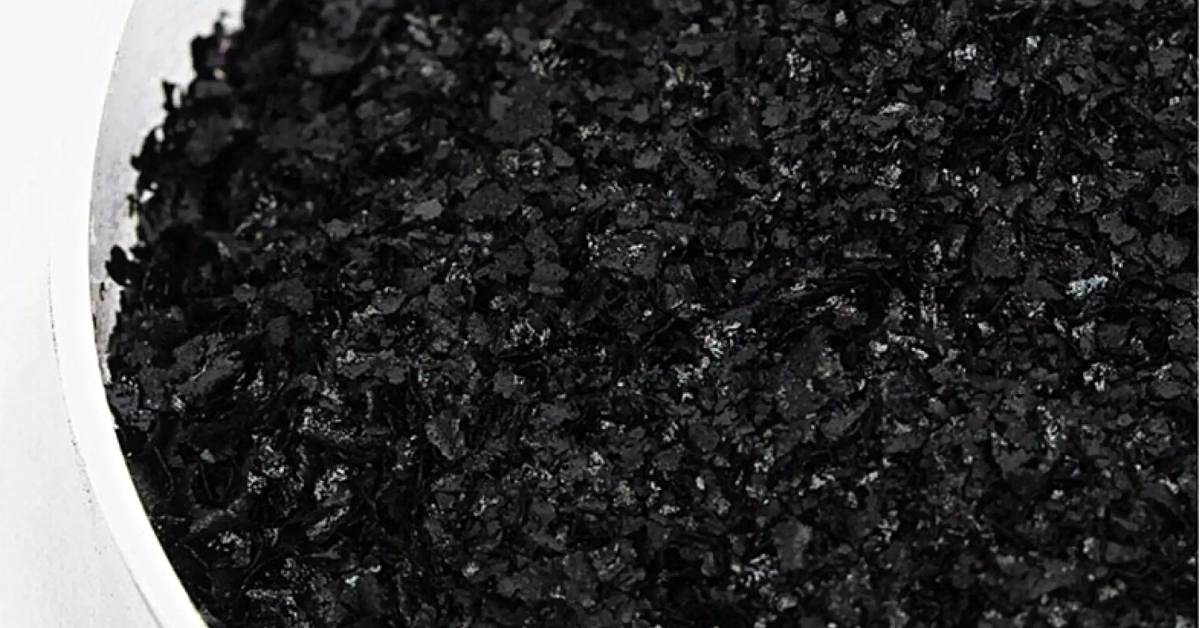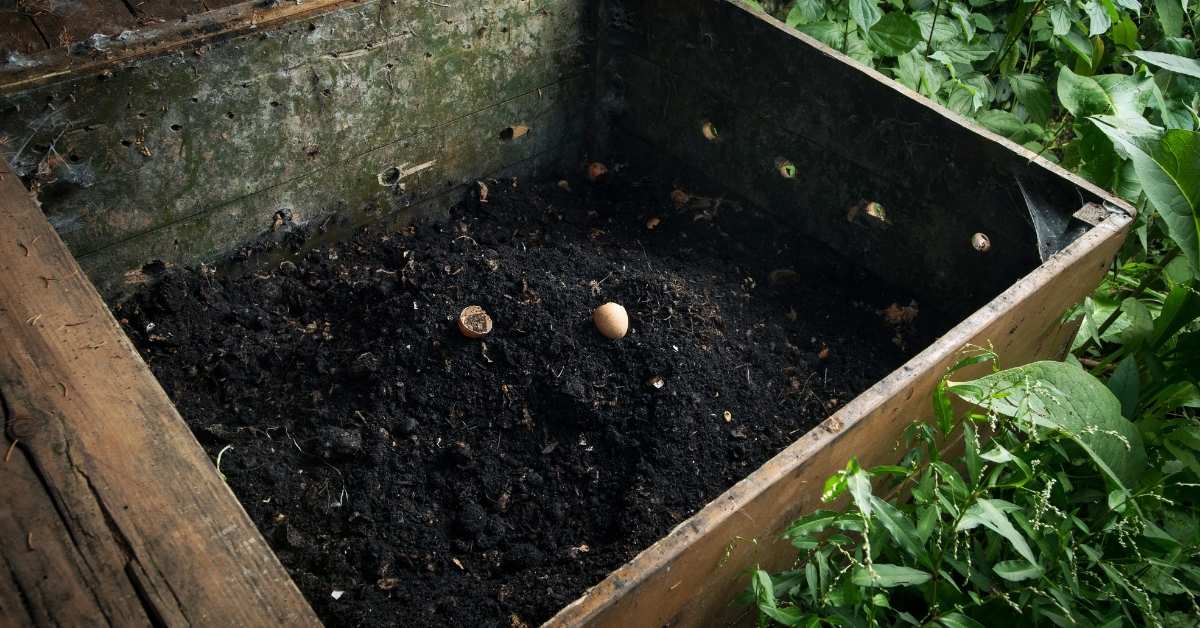Processing your food waste can become a very effective part of your organic gardening practice, but only if you manage it effectively. One of the things I like most about recycling food scraps into my food growing is that it allows me to make or improve soil from what I eat.
There are several ways to work with your food scraps ; let’s go through the methods:
Using Food Scraps As Fertilizer in garden
Chickens
Chickens can be fed a lot of your daily food scraps. They also like weeds and will need some grain. The ideal is to give them your leafy and grain food scraps with the food scraps, and they will also eat some fruit scraps.
When you clean out your fridge at the end of the week and find some veg that needs to be moved on, why not give that to your chickens. Avoid giving them meat and instead, let them free range close to the end of the day so they can eat worms and insects.
My preference is to keep them out of the veggie garden space as they can be quite destructive, but I do let them wander around the orchard.
What you receive back from them are beautiful eggs each day and chicken manure to include in the soil fertility practices of your organic garden. I add the chicken manure into our compost heaps. Their feathers are also suitable for compost, as well as crushed eggshells. You may also choose to grow the chickens for meat.
We get very sentimental about our chickens, so they rarely end up on our plates!

Worms
Worms will process similar food scraps to chickens, and if you had no space for chickens, they could really take their place. They don’t process things as quickly as chickens, but they do fantastic in their silent work.
The home you create for the worms is called a worm farm, and it can be a container you buy from a nursery with appropriate bedding, a set of worms, and some special liquid to help them along. You could also choose to make your own worm farm; it’s really quite simple using recycled materials.
Over time, the worms will give you a small amount of compost which is great for your organic garden. Be sure to have a worm farm that enables the collection of a liquid that seeps out of the worm’s work on your food scraps.
This is a potent liquid fertilizer for your organic food garden and will stretch much further than the small amount of compost you get.
Compost bins
A wider variety of food scraps can go into your compost bins, compared to giving them to chickens and worms. This past story of mine on managing a compost bin will provide you with lots of information.
In summary, you need to be very sure the compost bin gets enough air, is not too wet, and has a reasonable proportion of dry matter; otherwise, it will become gooey, smelly, and will not break down into the soil.
In my experience, most people I encounter do not manage their compost bins effectively. Sometimes I get a bit lazy with mine as well, and if the bin has become anaerobic (going and smelly), I tip it into the free-range area of our chickens.
They clean it up, and I shovel what remains back into the compost bin and get the mixture going again. It’s amazing how much food has grown on its own in the spots where I have done this. If you have managed your compost bin well, you will get compost to use in your food garden.
I normally add the mostly broken material from this composting process into a hot compost process I do twice yearly.

Digging food scraps into your food garden
If you have not used your food scraps in the abovementioned processes, I suggest digging them into spaces well away from your vegetable garden. The smell of the rotting food can attract animals, especially rats.
If you have buried the scraps near your veggie garden, the animals will become more frequent visitors and start eating in there as well, so there is no need to encourage them too much.
If you choose to bury your food scraps in your veggie garden, be aware that when rotting, food scraps can introduce diseases into your soil, affecting your plants.
When I bury food scraps that have not gone through any of the processes described above, they are buried well away from the veggie garden, and I find that plants start growing independently from the scraps. We often get pumpkins this way.
Managing healthy soil in your food garden is an exciting challenge. Because the soil is the bedrock of successful food growing, it’s best to be very mindful that your food scraps have gone through a composting process before getting into your veggie garden soil.

